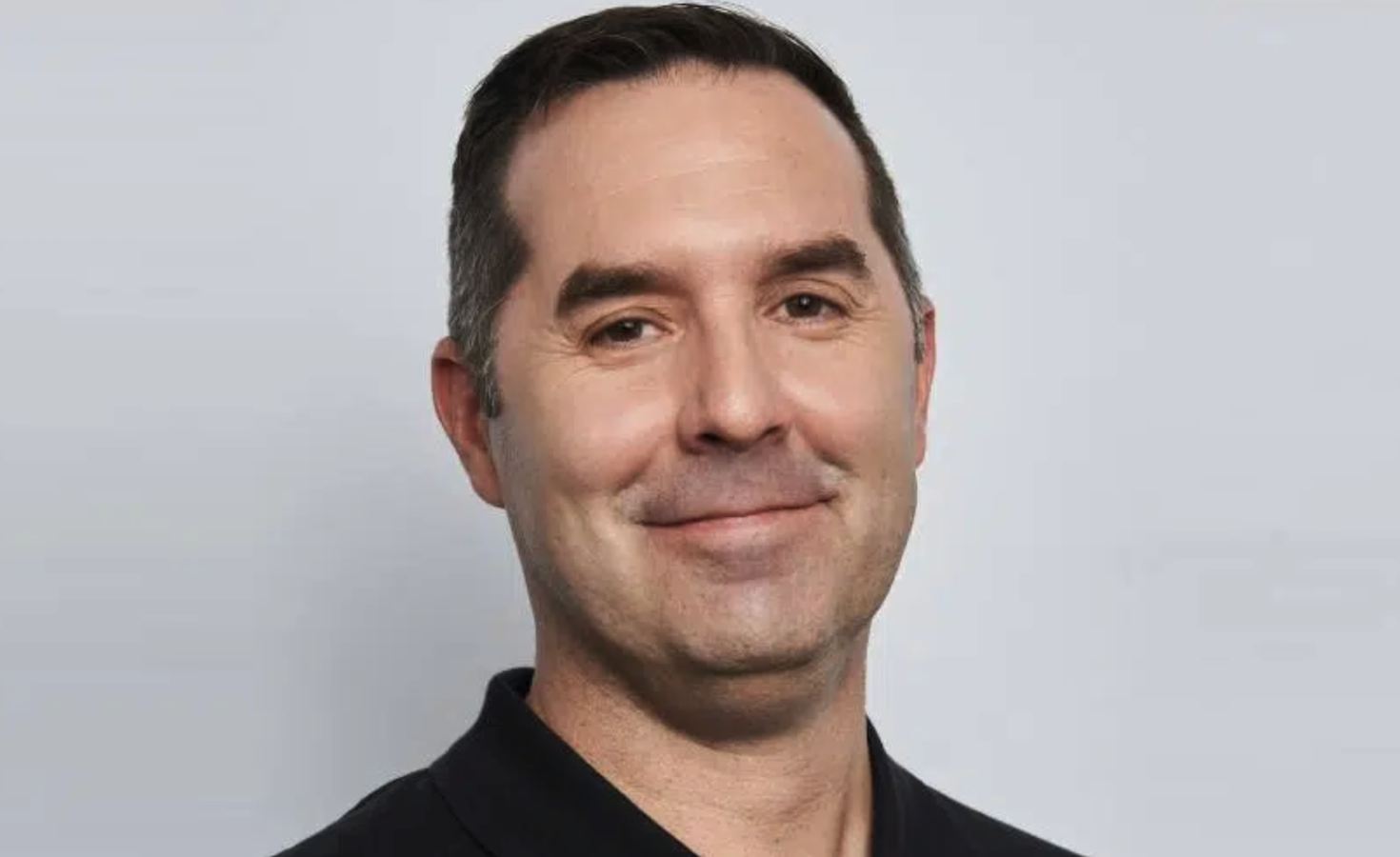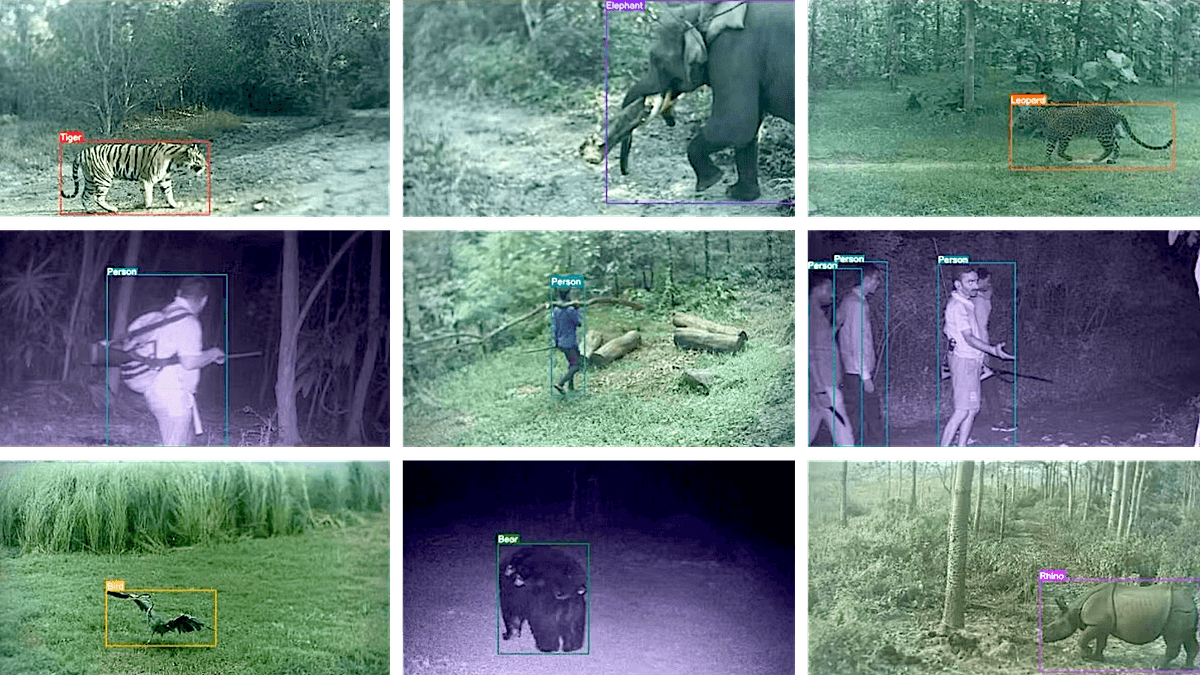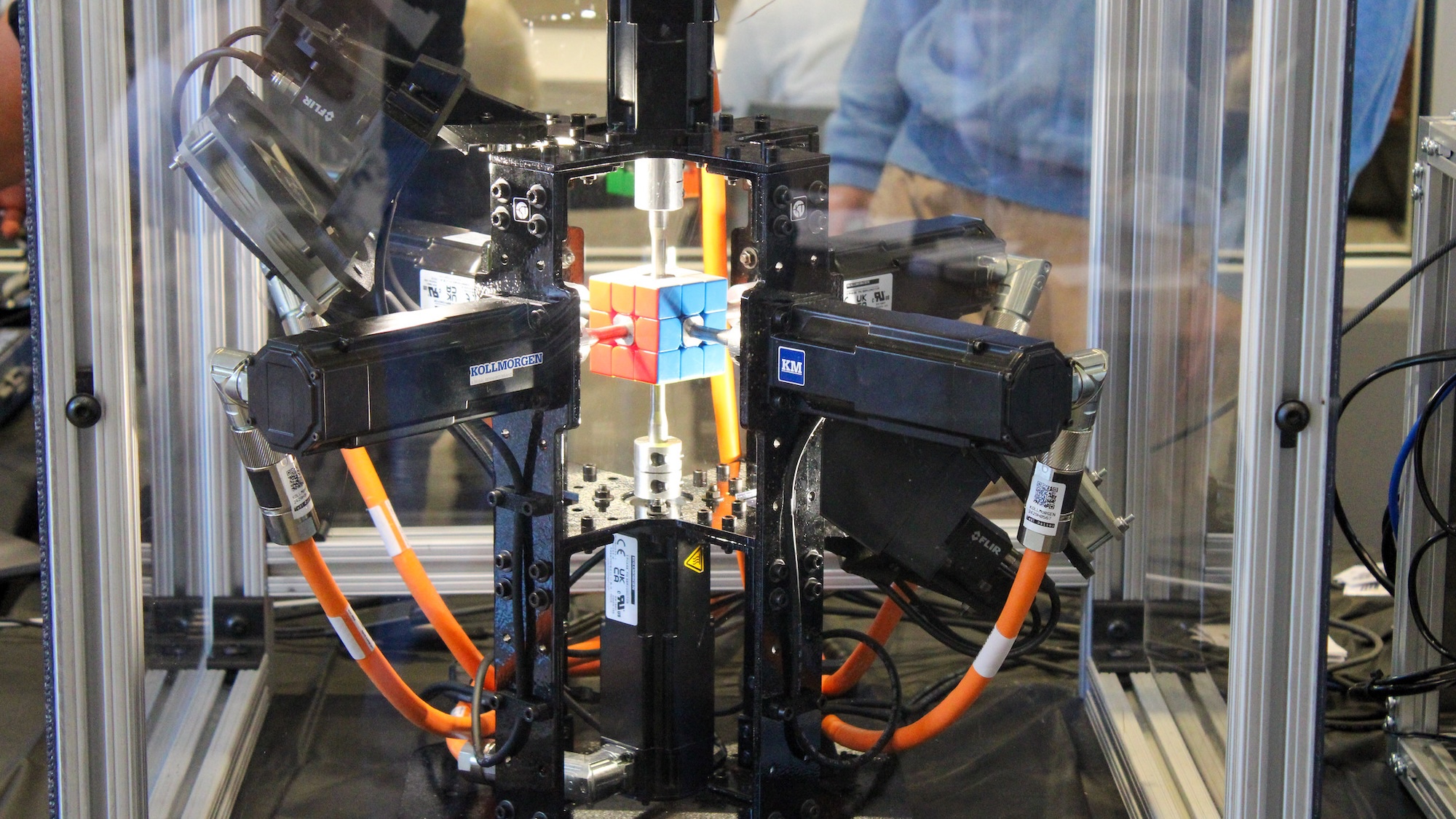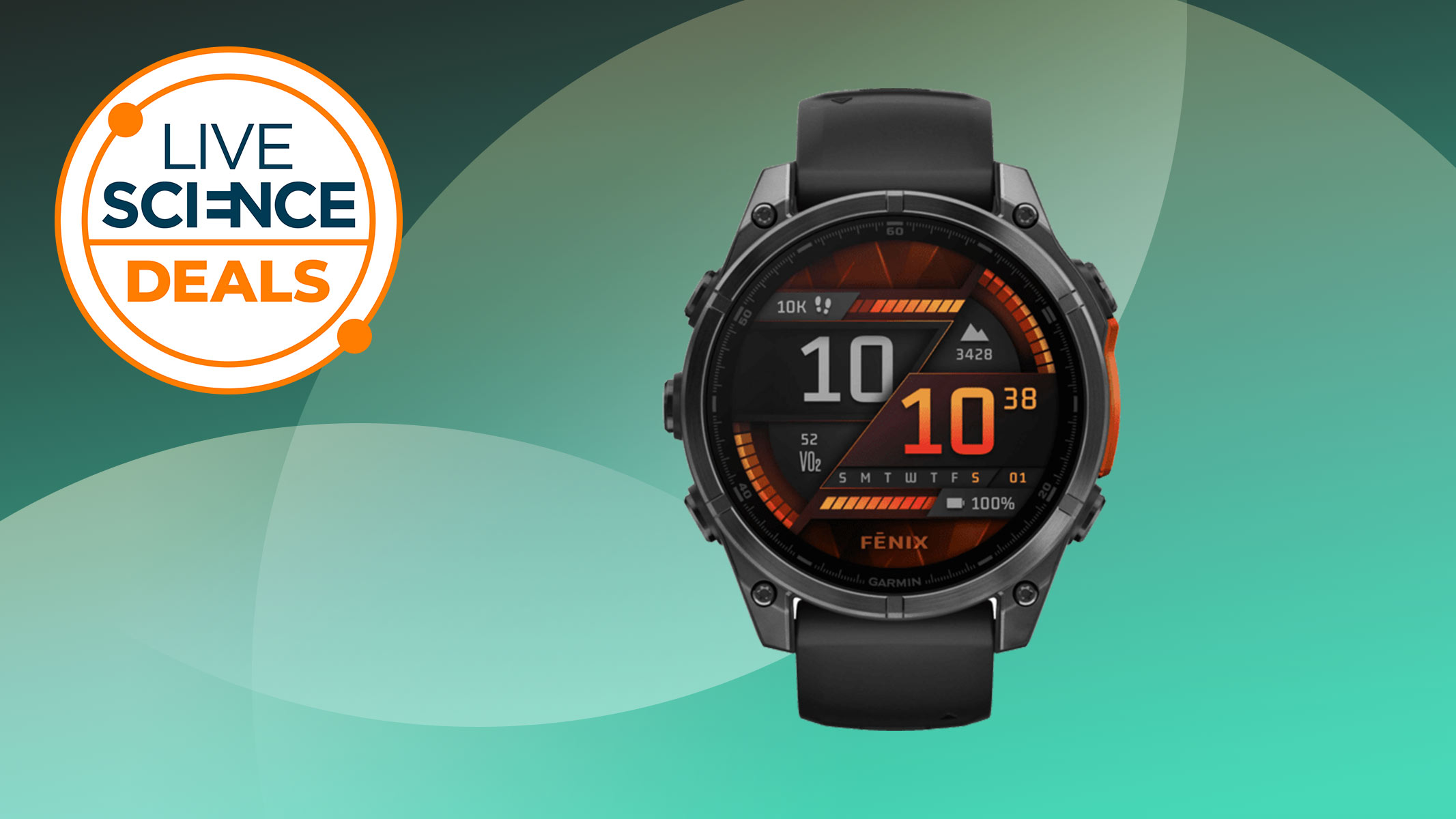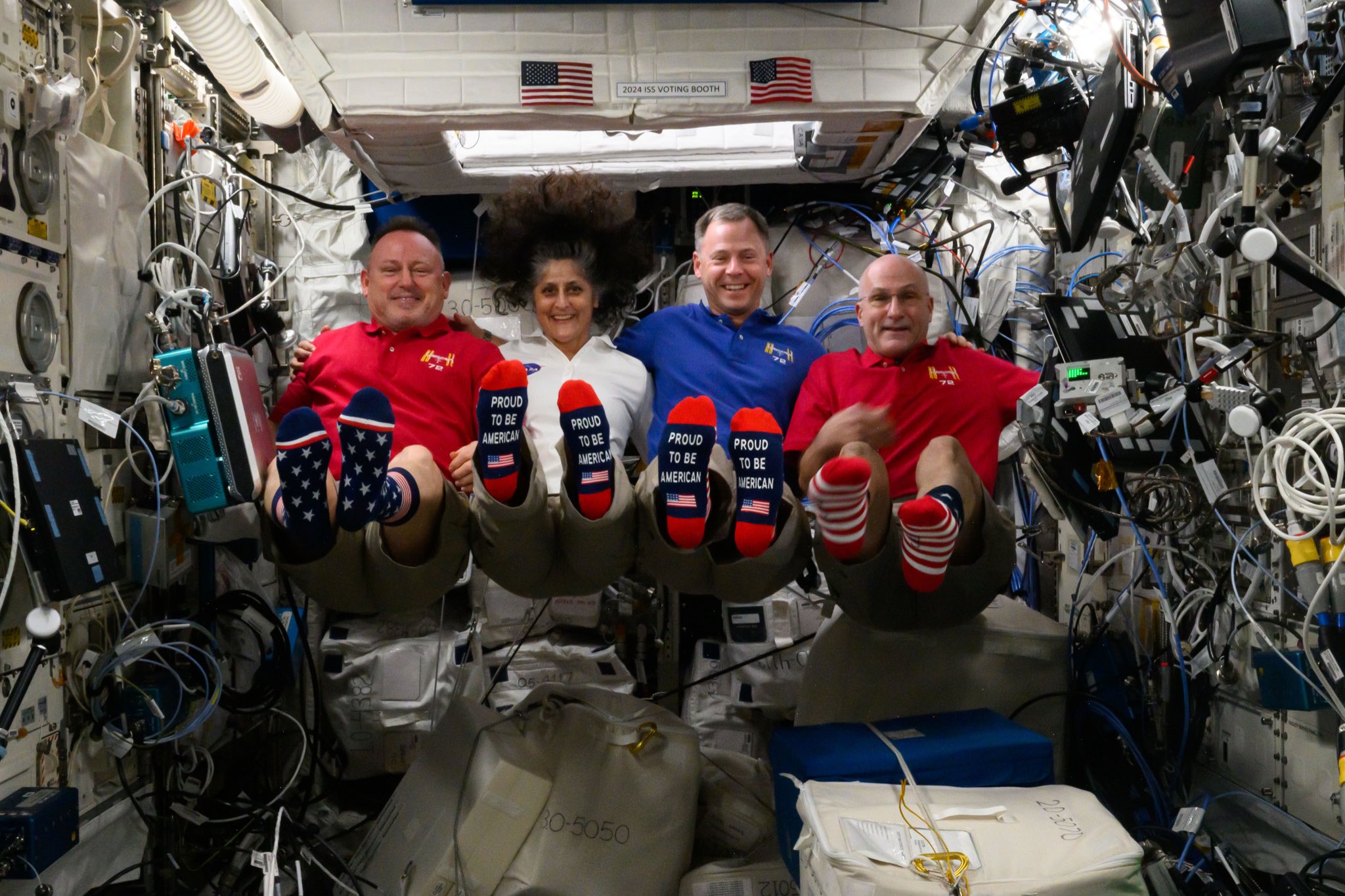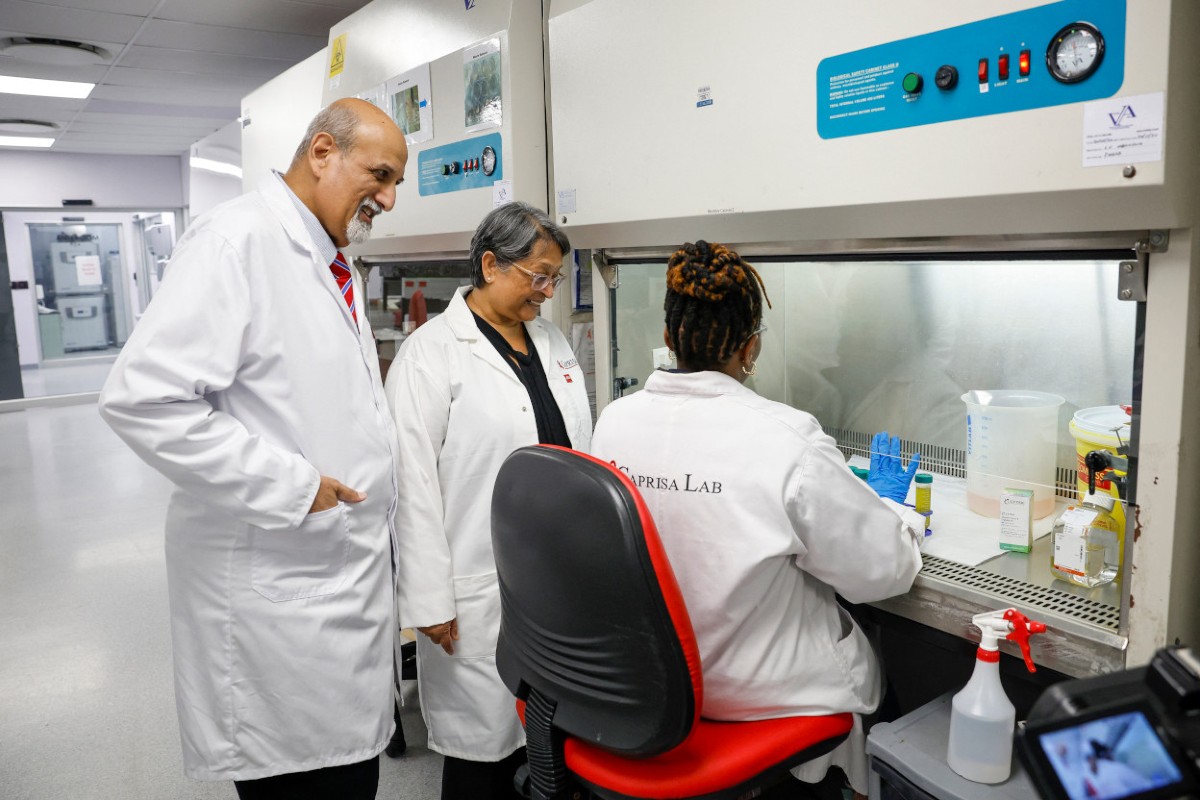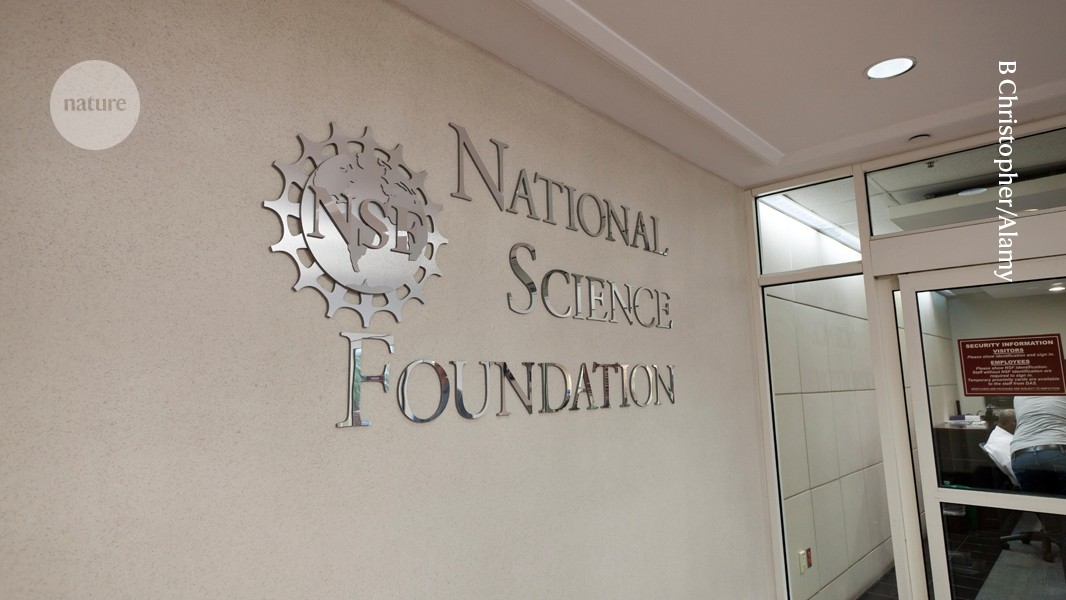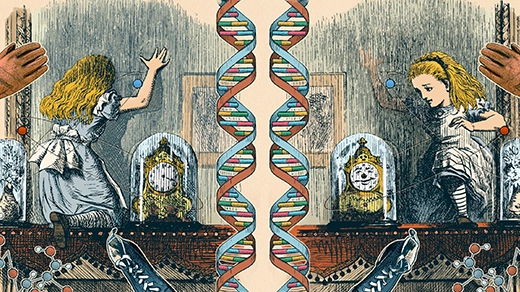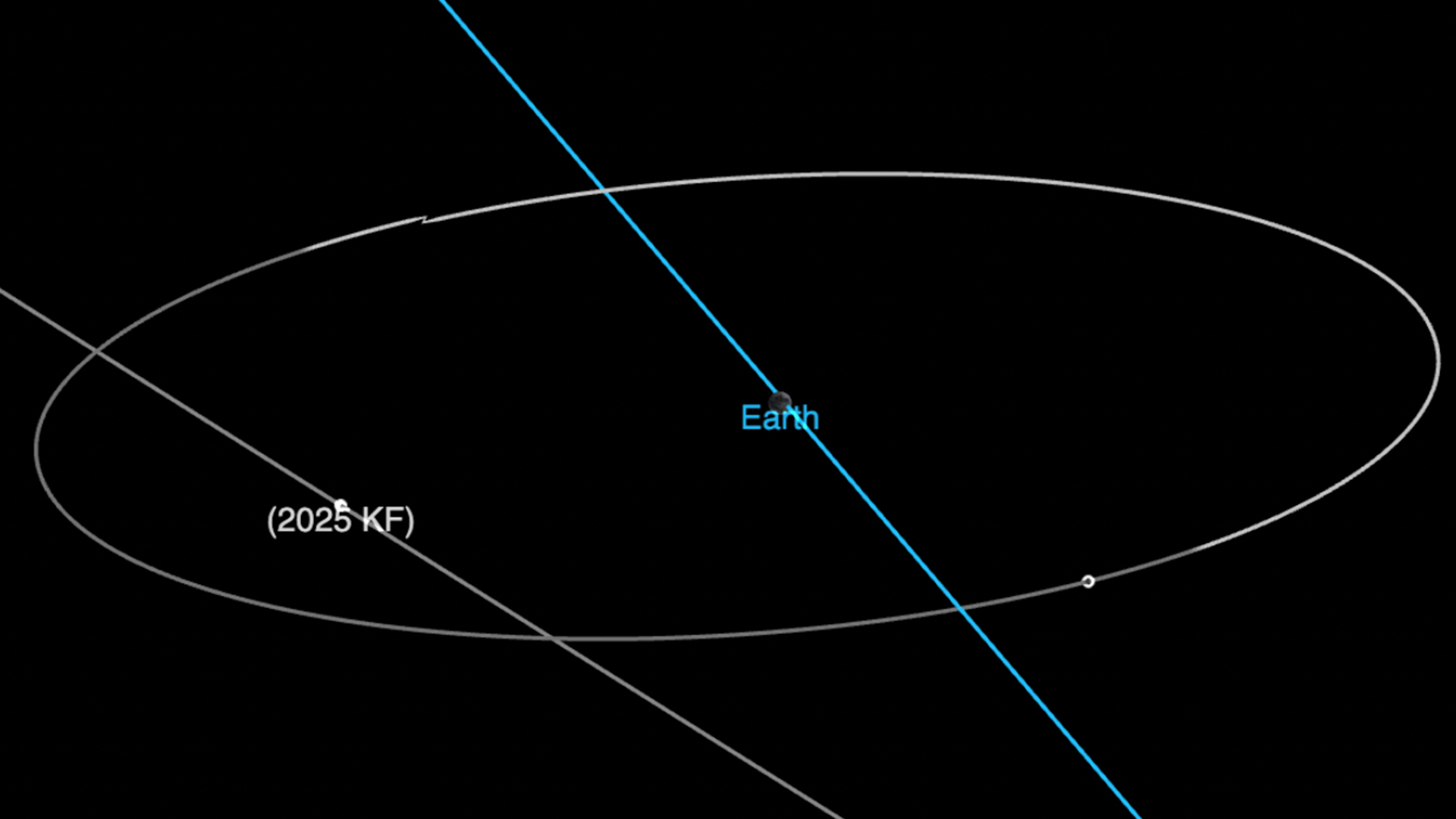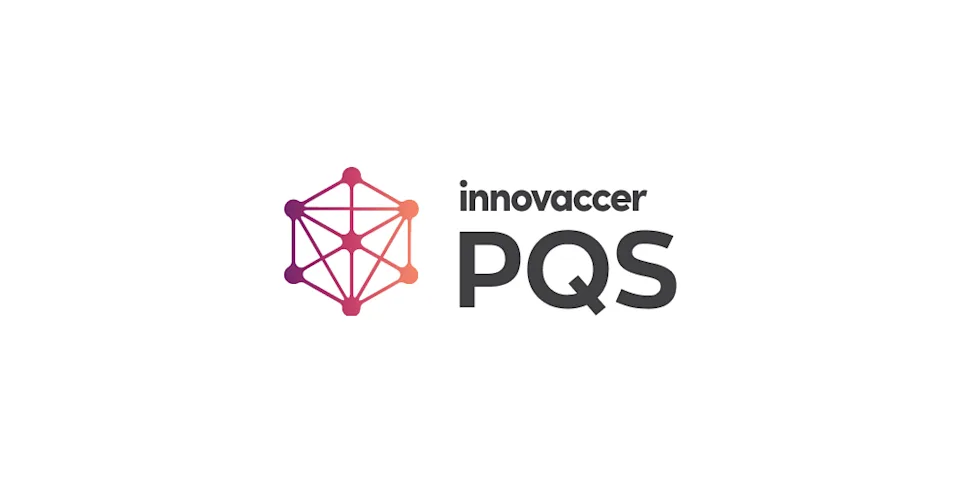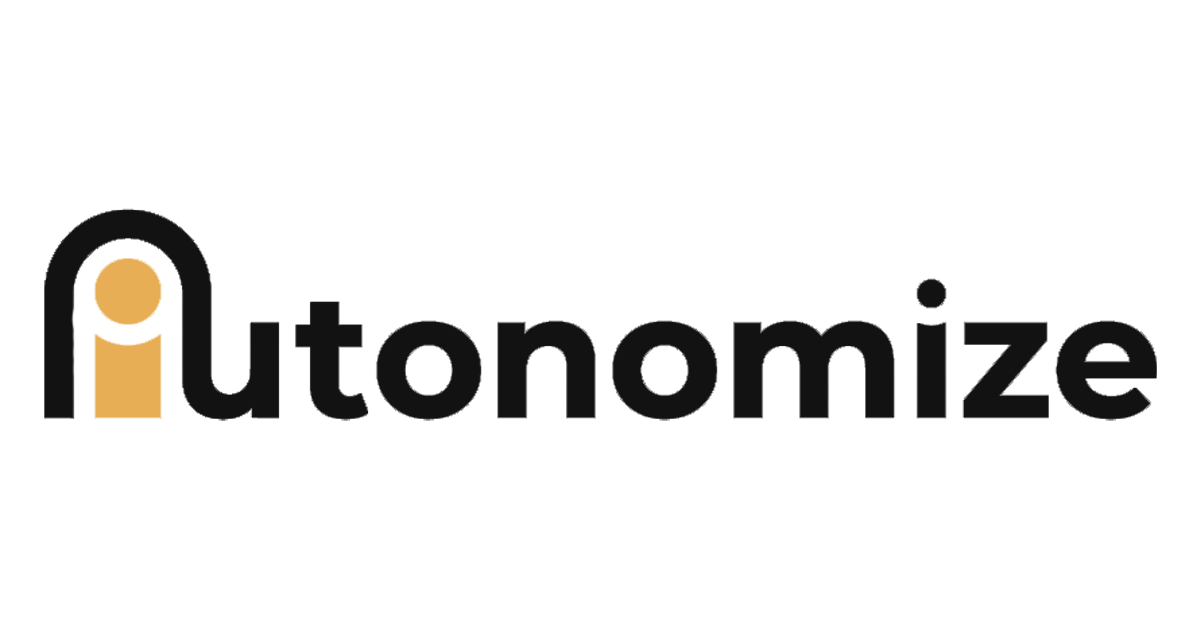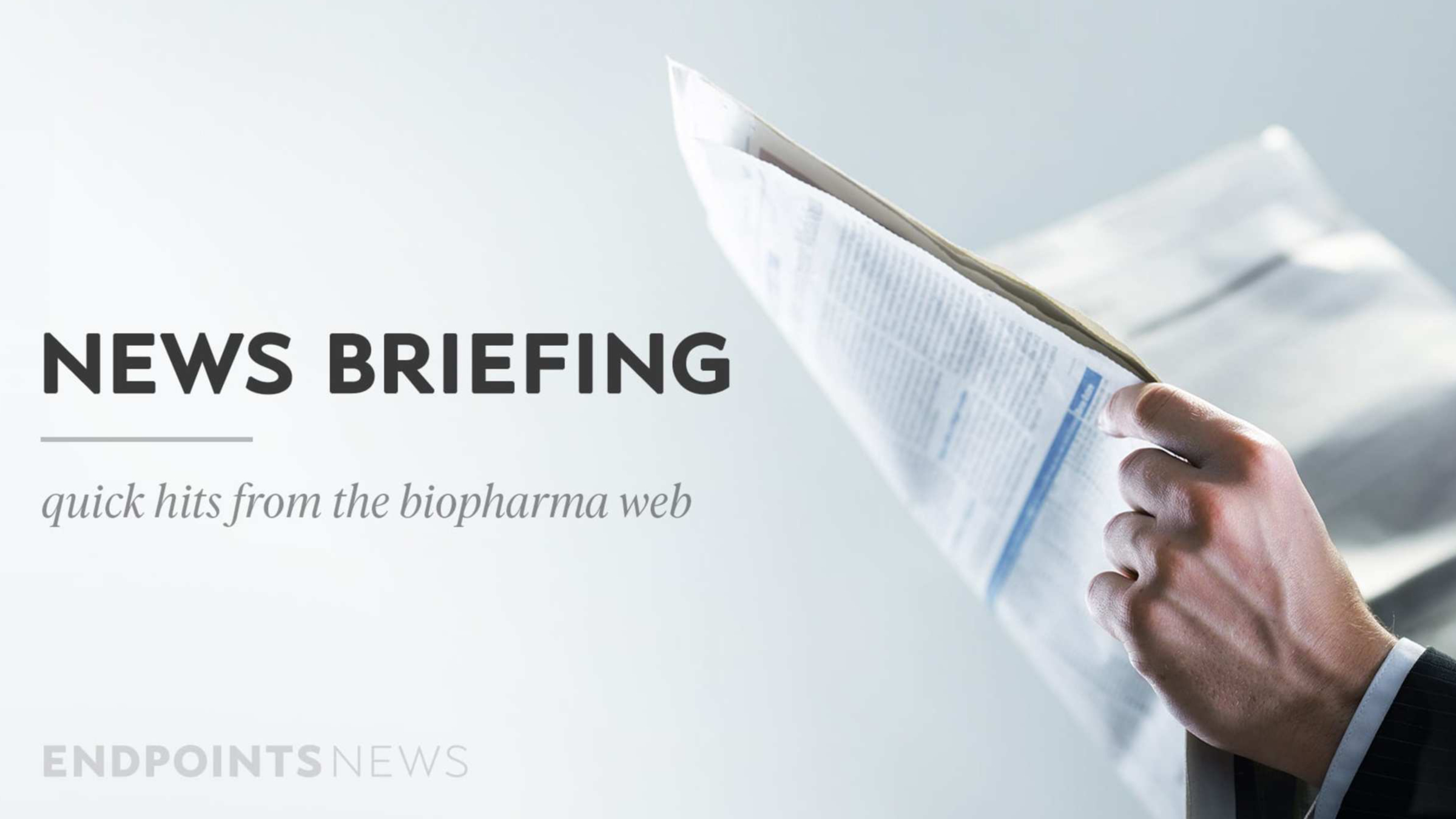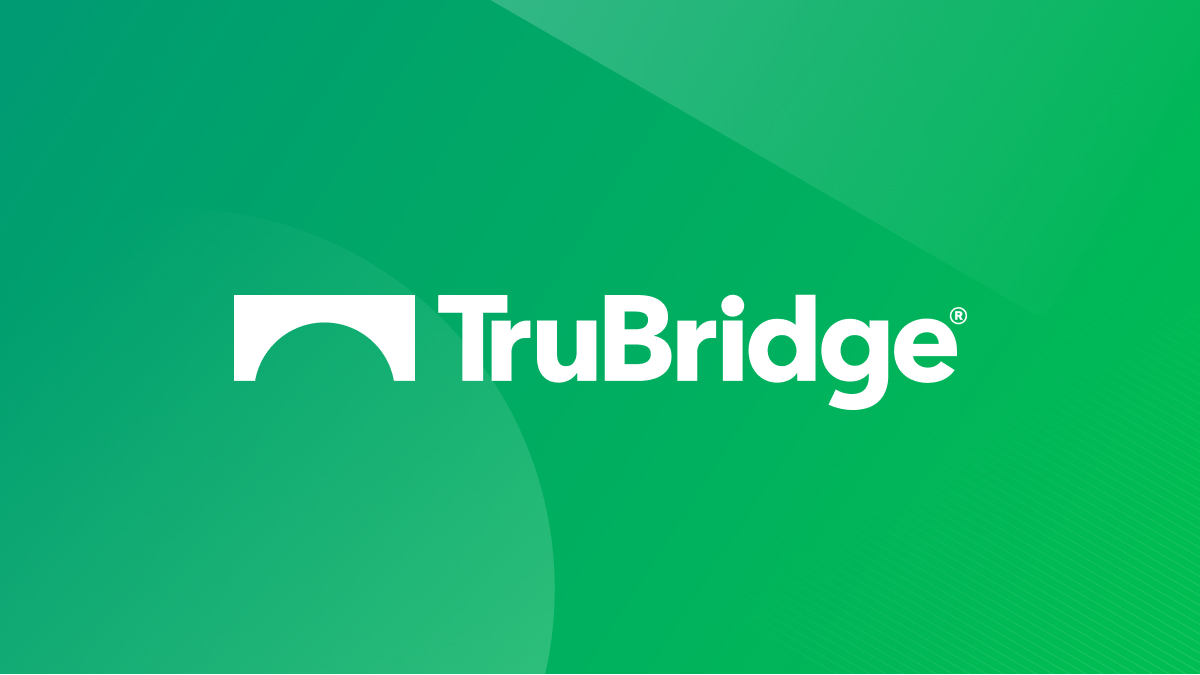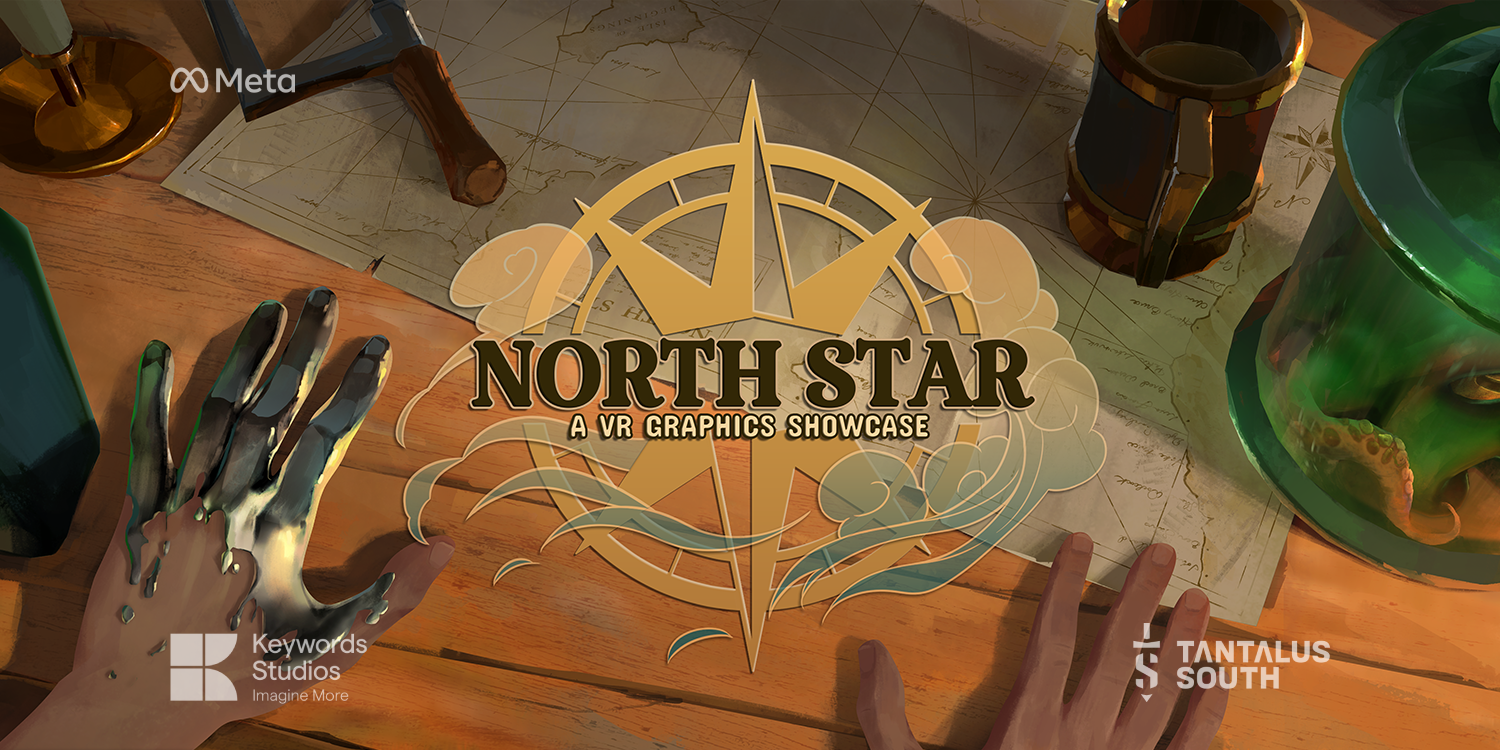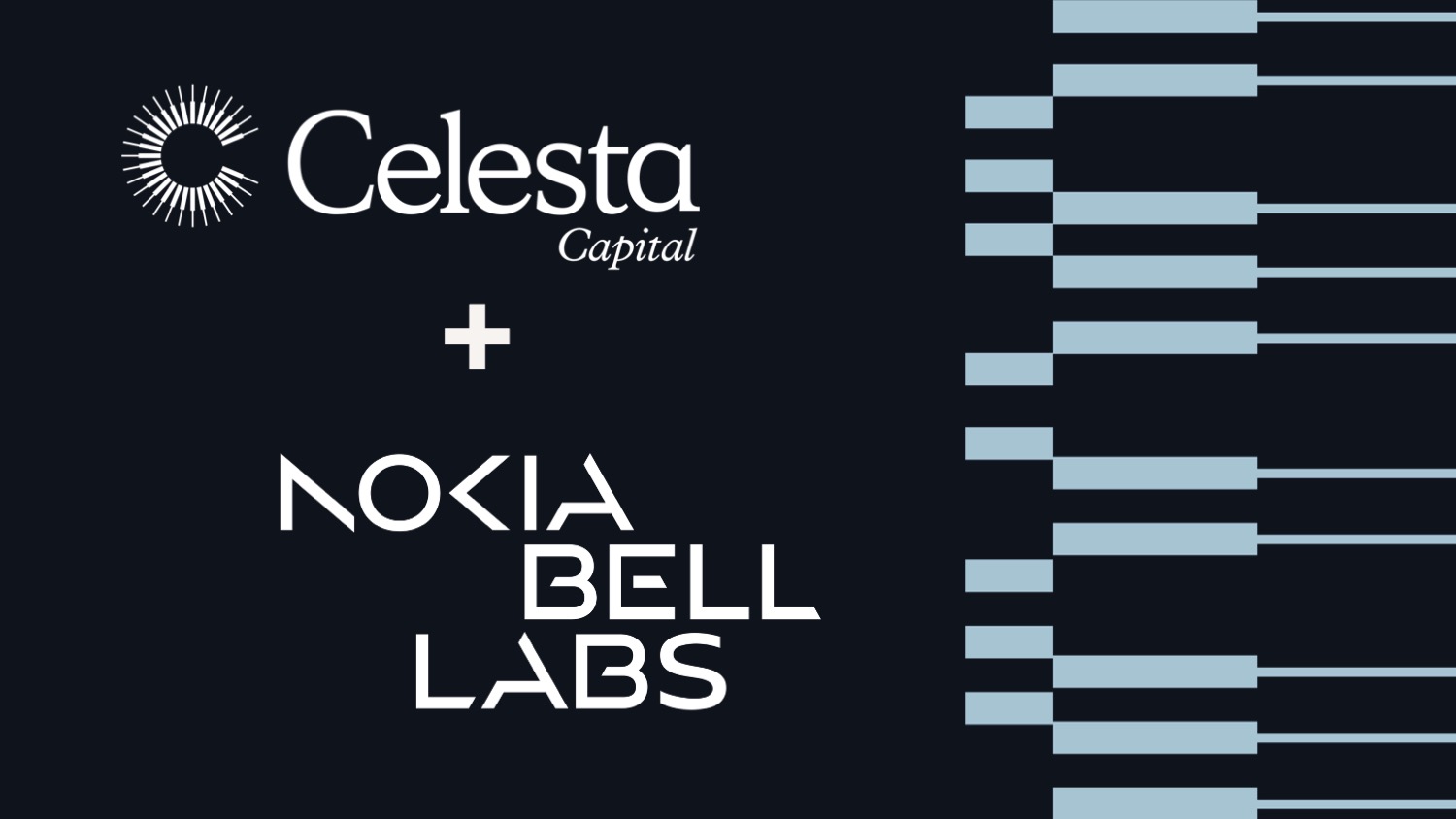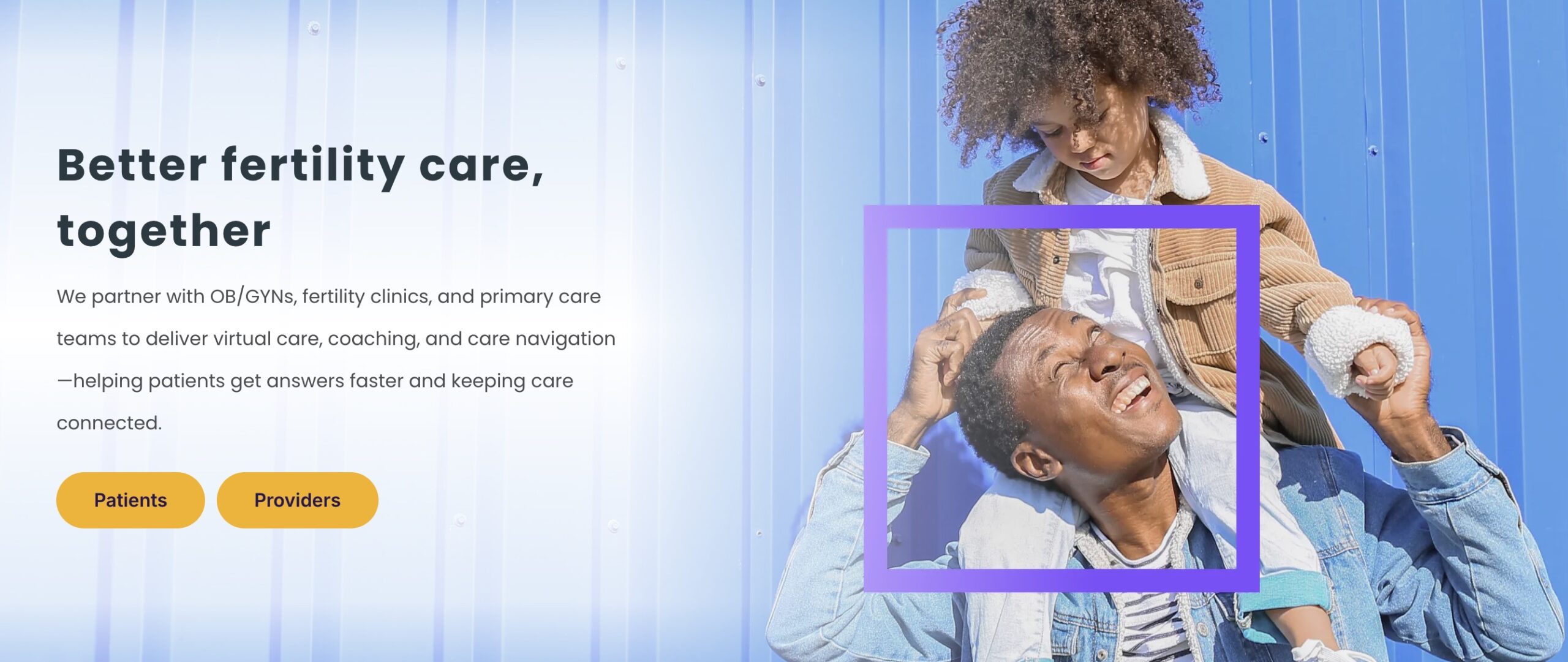Microsoft Launches Healthcare Agent Orchestrator
What You Should Know: – Microsoft announced the availability of its healthcare agent orchestrator in the Azure AI Foundry Agent Catalog. – The platform features pre-configured AI agents, multi-agent orchestration, and open-source customization options, designed to help developers and researchers build sophisticated AI solutions that can coordinate complex, multidisciplinary healthcare workflows, such as those required ... Read More
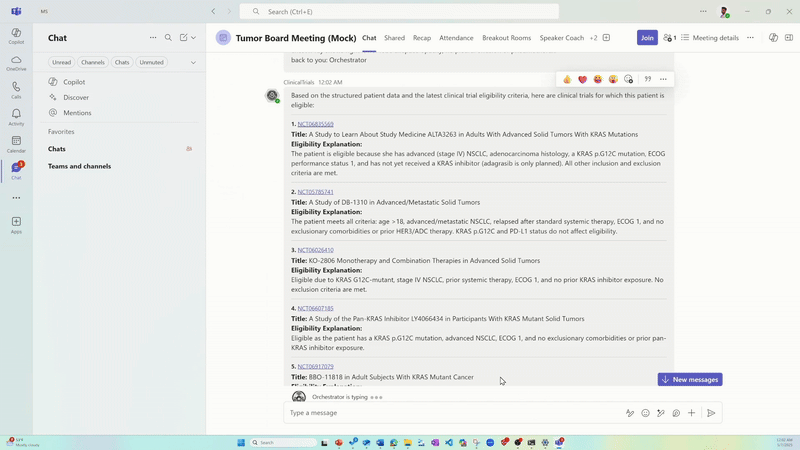

What You Should Know:
– Microsoft announced the availability of its healthcare agent orchestrator in the Azure AI Foundry Agent Catalog.
– The platform features pre-configured AI agents, multi-agent orchestration, and open-source customization options, designed to help developers and researchers build sophisticated AI solutions that can coordinate complex, multidisciplinary healthcare workflows, such as those required for cancer tumor boards.
– The initiative aims to streamline the deployment of these advanced AI capabilities into familiar healthcare enterprise productivity tools like Microsoft Teams and Word, ultimately seeking to reduce administrative burdens and transform care delivery by augmenting the expertise of clinical specialists.
The Mounting Challenge of Complex Cancer Care
Every year, 20 million people globally receive a cancer diagnosis. Each patient’s journey is unique, with hundreds of distinct tumor sub-types often demanding intricate treatment protocols involving new drugs, combinations, clinical trials, and device-based therapies. Top cancer centers depend heavily on multidisciplinary tumor boards where radiologists, pathologists, surgeons, oncologists, genetic counselors, and other specialists collaborate to analyze vast amounts of patient data and align on personalized care plans.
However, due to the immense preparation and specialization required for these boards, less than 1% of cancer patients currently have access to such personalized treatment strategies, which have demonstrably improved outcomes. A recent American Society of Clinical Oncology (ASCO) study highlighted that clinicians can spend between 1.5 to 2.5 hours per patient meticulously reviewing imaging, pathology slides, clinical notes, and genomic data in preparation. Agentic AI, like that offered by the new healthcare agent orchestrator, holds the potential to alleviate this administrative friction.
Introducing the Healthcare Agent Orchestrator: A Multi-Agent AI Solution
Microsoft’s healthcare agent orchestrator is designed to tackle these complexities. By integrating the latest capabilities from across Microsoft, the platform can manage analysis and reasoning over diverse healthcare data types—ranging from imaging (DICOM files) and pathology (whole-slide images) to genomics data and clinical notes from electronic health records (EHRs).
Each agent within the orchestrator is equipped with advanced AI models from Azure AI Foundry, combining general-purpose reasoning capabilities with healthcare-specific modality models to drive actionable insights grounded in multimodal clinical data. Modular, general reasoners work in concert with these specialized, multimodal AI agents to address tasks that would traditionally take hours.
Key Capabilities to Augment Clinical Expertise
The healthcare agent orchestrator offers a suite of powerful capabilities:
- Complex Data Reasoning: Orchestrates agentic capabilities that can reason over complex EHR data for tasks like building a chronological patient timeline, determining cancer stage using specific reference guidelines, and reviewing radiology and pathology images.
- Knowledge Synthesis: Synthesizes current medical literature, references treatment guidelines (e.g., NCCN for treatment plans, AJCC for cancer staging), and surfaces relevant clinical trials by matching patient profiles against databases like ClinicalTrials.gov.
- Customized Reporting: Generates comprehensive, integrated, and richly formatted reports to serve as trusted references during multidisciplinary meetings.
- Enterprise Data Connectivity: Provides tools to connect enterprise healthcare data through Microsoft Fabric and the Fast Healthcare Interoperability Resources (FHIR) data service.
- Developer Customization: Allows developers to create, customize, and fine-tune each agent with their own models, tools, instructions, and data sources, test performance in a guided playground experience, and extend agents using Microsoft Copilot Studio.
- Workflow Integration: Ensures interoperability and integration into existing workflows, including distribution to familiar tools like Teams, Word, PowerPoint, and Microsoft 365 Copilot.
- Robust Explainability: Delivers AI-generated outputs with strong explainability, such as grounding responses to the source EHR data, which is critical for validation, trust, and adoption in high-stakes healthcare environments.
Specialized Agents Working in Concert
The orchestrator leverages technologies like Semantic Kernel and Magentic-One to coordinate the collaboration of specialized agents, maintain shared memory, and interact with human users. Examples of these agents include:
- A Patient History Agent using Universal Medical Abstraction to organize data chronologically in minutes.
- A Radiology Agent leveraging fine-tuned models for image analysis.
- A Pathology Agent demonstrating connectivity to external agents like Paige.ai’s “Alba” pathology agent (currently in preview) for complex image queries.
- Agents for Cancer Staging, Clinical Guidelines, Clinical Trials, and Medical Research.
- A Report Creation Agent for automated, comprehensive reporting.
The platform is designed to be open-ended, allowing any approved third-party agent with an API, tool wrapper, or Model Context Protocol (MCP) endpoint to be integrated.
Early Exploration by Leading Healthcare Institutions
Researchers and developers at leading cancer care institutions—including Stanford University, Johns Hopkins, Providence Genomics, Mass General Brigham, and the University of Wisconsin School of Medicine and Public Health—are currently exploring the healthcare agent orchestrator. They aim to study how agentic AI can deliver value to complex clinical tasks such as cancer care.
Early development collaborations have featured the integration of this multi-agent workflow into Microsoft Teams chats, enabling conversations between multiple human experts and specialized healthcare AI agents. For instance, oncologists Dr. Vasan Yegnasubramanian, Dr. Elsa Anagnostou, and Dr. Taxiarchis Botsis and their teams at the Johns Hopkins inHealth Precision Medicine program and Molecular Tumor Board are providing expertise to refine and test the system.
















